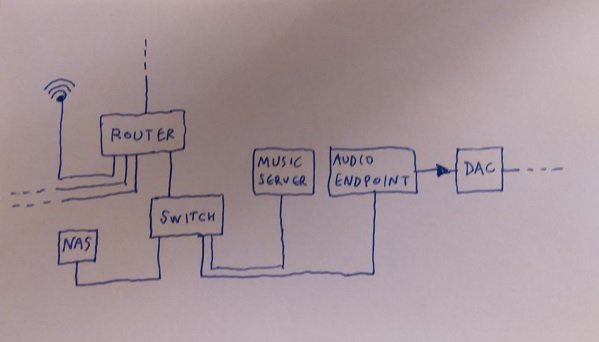Hi guys.
I apologize for my new post, but I really can't get it.
Please take into account that I have nothing against anybody here. I have nothing against routers, switches, ultra expensive cables, insanely expensive streamers, etc. Really nothing. I am trying to do my best to ask for help, to ask for a hint, in the most simple and understandable way. Whatever I am asking for, the reply is always out of subject. Either to evaluate switch A or B, or a reply something like 'my LPS lifted the sound to higher levels', etc. When somebody asks me the simplest question of all "how's my system going to benefit of your Single Ended Triode Preamplifier or Power Amplifier", I am always trying to express the details in no more than 30 seconds. Clear, understandable, simple, honest and straightforward reply that would make him understand what's going on without hesitation. Here I am asking for the most simple of all but still I have yet to receive something as described above. Again: I am not asking which switch should I buy, if LPS do make a positive difference, etc.
I am asking for simplest thing of all:
I am using my current system not to stream but to listen only locally through my NAS. The current situation is linear:
Router > copper > NAS (bridged NICs) > copper > Music server (bridged NICs) > copper > Music Endpoint > Pink Faun I2s > DAC.
The question is should I benefit of going the other way as described below? If yes, then an additional 'perhaps due to factor #1, factor #2' would be so grateful, not deep explanations, just 1-2 simple words.
Please try to send me a very quick reply. Even a simple 'Yes' might be more than enough!
I thank you in advance.
Peter












